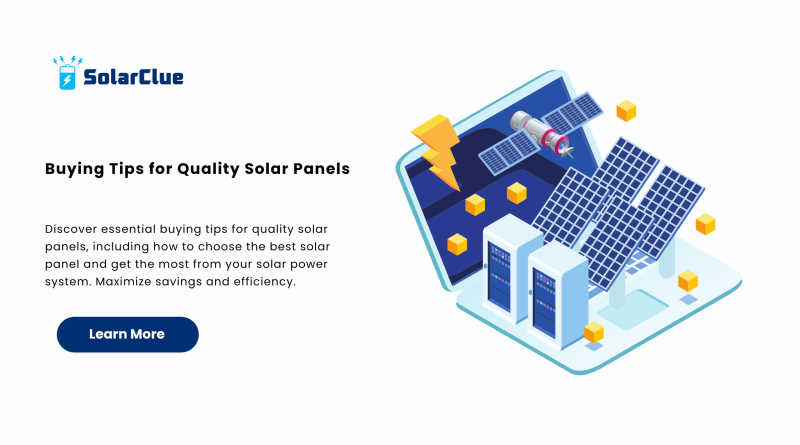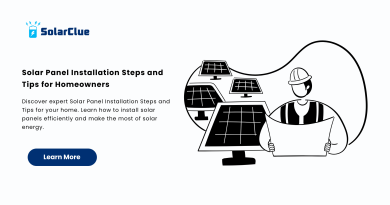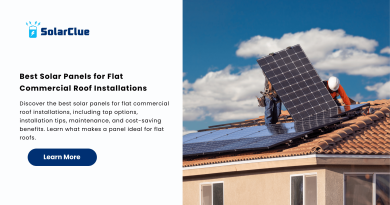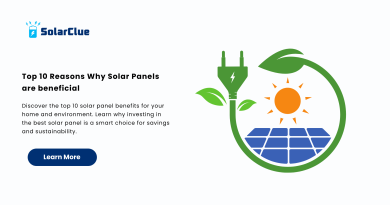Buying Tips for Quality Solar Panels
Switching to solar is a smart move—but choosing the right solar panel is where the real power lies. In a rapidly growing clean energy market, understanding how to buy the best solar panel can make or break your solar power system investment. This guide will walk you through what to consider when buying solar panels, ensuring long-term benefits for your wallet and the planet.
Table of Contents
- 1 Why Quality Matters in Solar Panels
- 2 Key Considerations When Buying Solar Panels
- 3 Questions to Ask Before Purchasing
- 4 How to Choose the Best Solar Panel for Home Use
- 5 Installation: The Make or Break Factor
- 6 Long-Term Benefits of Buying High-Quality Solar Panels
- 7 Common Mistakes to Avoid
- 8 Financing Options
- 9 Conclusion
- 10 FAQs
Why Quality Matters in Solar Panels
Longevity Equals Value
A quality solar panel lasts for 25 years or more. Investing in a low-grade system may save money upfront but often results in frequent replacements and poor performance. High-quality panels offer better efficiency, weather resistance, and a stronger warranty.
Boosts Your Solar Power System’s Efficiency
Top-tier panels significantly enhance your solar power system, generating more electricity per square meter and working well even in low-light conditions.
Key Considerations When Buying Solar Panels
1. Understand the Types of Solar Panels
The three main types are:
- Monocrystalline: High efficiency, sleek look, long life.
- Polycrystalline: Affordable but slightly lower efficiency.
- Thin-film: Lightweight and flexible but less efficient.
2. Check the Efficiency Rating
Efficiency determines how much sunlight is converted into usable power. Aim for panels with at least 18–22% efficiency to ensure optimal performance.
3. Review Manufacturer Warranty
A longer warranty (typically 25 years) indicates confidence in product durability. Ensure your warranty covers both performance and product defects.
Questions to Ask Before Purchasing
Are They Certified?
Look for certifications like IEC 61215 and IEC 61730. These confirm the solar panel meets international quality and safety standards.
Who Installs the Panels?
Choose certified installers with experience. Poor installation can damage even the best solar panel, reducing efficiency and lifespan.
What is the Cost Per Watt?
Compare panels using the cost-per-watt metric rather than just total cost. This helps assess value and ROI over time.
How to Choose the Best Solar Panel for Home Use
Assess Your Roof and Energy Needs
Not all roofs are created equal. Consider the direction, shading, and surface area. Calculate your energy usage to determine how many panels you’ll need.
Opt for Tier 1 Brands
Tier 1 manufacturers are financially stable and known for high-quality components. Brands like Trina Solar, Canadian Solar, and JA Solar are worth considering.
Look Into Aesthetics
For some homeowners, the look of a solar panel for home matters. Black-on-black monocrystalline panels blend better with roofs.
Installation: The Make or Break Factor
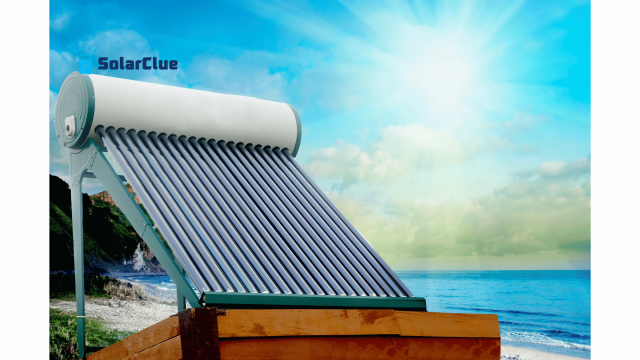
Local Regulations and Permits
Each region has different building codes and solar incentives. Work with local professionals who understand these requirements.
Inverter Compatibility
Ensure your solar power system includes a reliable inverter. A mismatched or low-quality inverter can bottleneck your system’s efficiency.
Maintenance and Monitoring
Choose panels that offer online monitoring options. Regular maintenance is low but essential for long-term performance.
Long-Term Benefits of Buying High-Quality Solar Panels
Lower Energy Bills
Higher-efficiency panels produce more power, which means you draw less from the grid and reduce monthly bills.
Increased Property Value
Homes with solar panel systems are attractive to buyers and can sell for more. Quality systems make the value proposition even stronger.
Eco-Friendly Living
Choosing solar not only benefits your finances but also contributes to a sustainable future. A cleaner grid means a healthier planet.
Common Mistakes to Avoid
Going for the Cheapest Option
Price isn’t everything. Low-cost panels often come with reduced efficiency, poor warranties, and shorter lifespans.
Ignoring System Size and Battery Needs
Ensure your system size aligns with your energy consumption and future expansion. If you want energy storage, choose panels compatible with battery systems.
Overlooking Reviews and Testimonials
Research customer reviews and ask for references. A good company should have positive feedback and successful case studies.
Financing Options
Solar Loans
Own your system and pay over time. Interest rates vary but can be offset by energy savings.
Leasing
No upfront cost, but you won’t own the system. Leasing usually saves less in the long run.
Government Subsidies and Incentives
Check state and national programs offering tax credits and rebates to reduce your upfront costs.
Conclusion
Choosing the best solar panel requires informed decision-making. From checking certifications to understanding system compatibility, these buying tips for quality solar panels ensure you get maximum value and performance. For tailored solar solutions and more insights, visit solarclue.com. You’ll also find more helpful articles on blog.solarclue.com to empower your solar journey.
FAQs
1. What is the lifespan of a high-quality solar panel?
Most premium solar panels last 25–30 years with minimal degradation in efficiency.
2. How do I know if a solar panel is high-quality?
Look for certifications, efficiency ratings above 18%, and long-term warranties.
3. Can I install solar panels myself?
While DIY is possible, it’s not recommended. Certified installers ensure optimal performance and compliance with local regulations.
4. Are all solar panels compatible with batteries?
No. Ensure the solar panel for home you choose supports battery storage if that’s in your plan.
5. How do solar panels affect home value?
Homes with solar power systems usually sell faster and for higher prices due to reduced utility costs and eco appeal.
Explore smarter solar living today—because the sun is too powerful not to harness! Visit us at solarclue.com to begin your solar journey!

